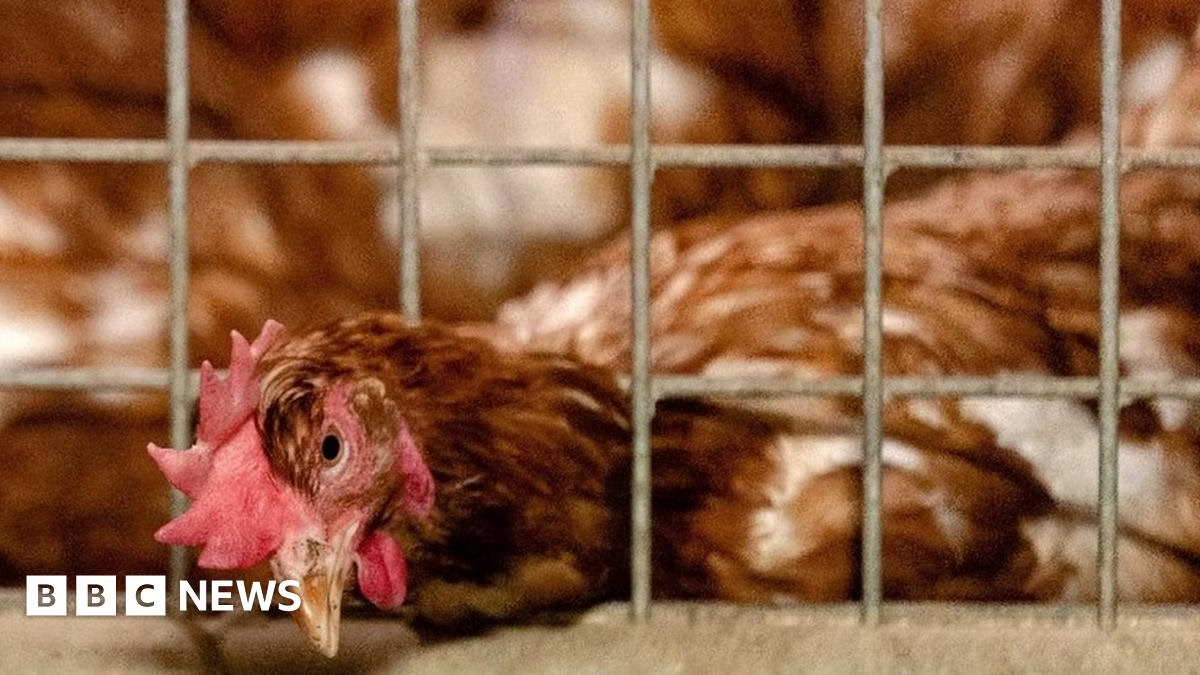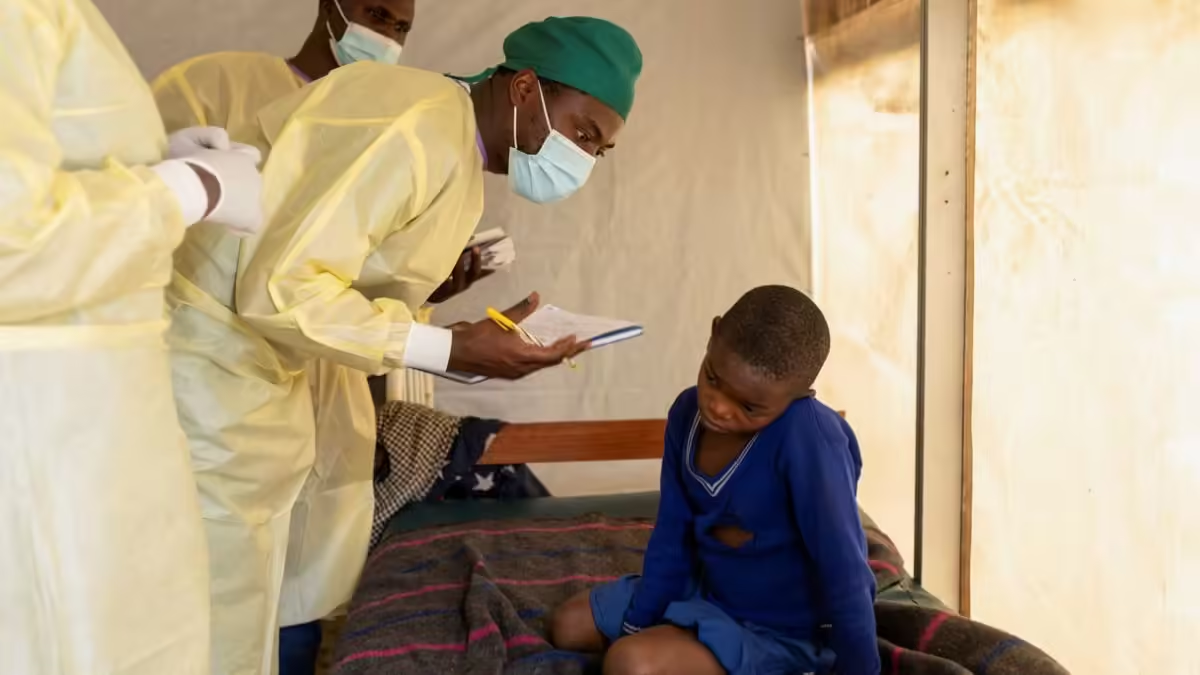Germany is facing a severe bird flu outbreak that has spread across nearly the entire country, prompting urgent calls for stronger containment measures, officials said on Friday.
The Friedrich Loeffler Institute (FLI), Germany’s federal animal health agency, confirmed that the H5N1 subtype of the highly contagious avian influenza virus has been detected in wild birds across 15 of Germany’s 16 federal states, with Bremen being the only exception.
“We are seeing a very dynamic infection pattern, not only in cranes but also in other bird species,” an FLI spokeswoman said.
While bird flu poses little threat to humans, it is often fatal to wild and domestic birds. Seasonal detections are common during autumn migration, but the scale of this year’s outbreak is unusually large. Conservationists recently discovered over 1,000 dead cranes near Berlin, believed to have succumbed to the virus.
The FLI warned that the peak of bird migration is still ahead, meaning the risk to livestock remains high. So far, commercial poultry farms in eight states have been affected, with 15,000 birds culled in Baden-Württemberg and 19,000 in Rees, near the Dutch border.
Overall, more than 200,000 chickens, ducks, geese, and turkeys have been slaughtered in recent weeks to contain the spread. Germany’s worst-ever outbreak occurred in autumn 2020, when over two million birds had to be destroyed.
Agriculture Minister Alois Rainer described the situation as “serious,” noting a sharp rise in infections over the past two weeks.
“There are currently numerous outbreaks, both in wild birds and in poultry farms,” Rainer said. “The very rapid increase in infections underlines the urgency of joint and coordinated action.”
He emphasized that preventing further spread is now the top priority, alongside protecting livestock and safeguarding Germany’s agricultural and food industries.
To support affected farmers, Rainer said Germany has requested the European Union to increase compensation limits for culled animals from €50 ($58) to €110, reflecting the market value of high-value livestock.
Authorities are continuing to monitor the situation closely as cases continue to rise across the country.



